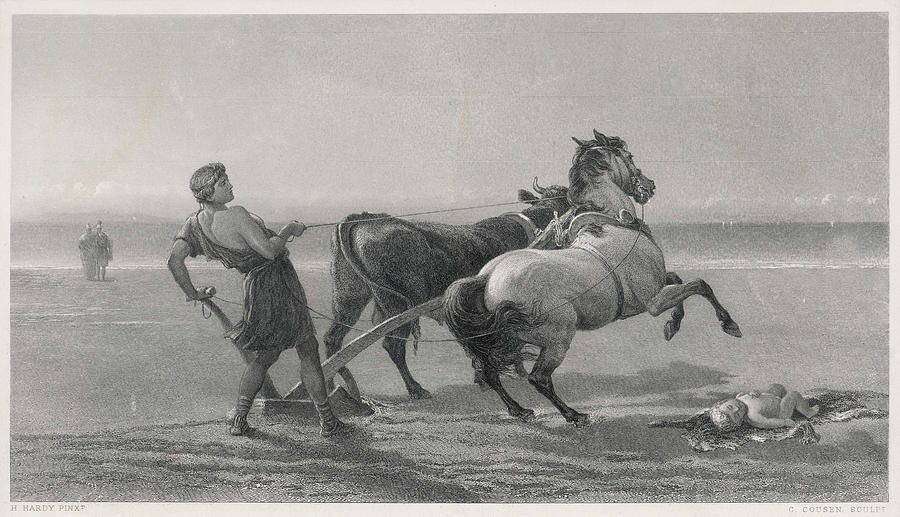
Friday
The other day I stumbled across an American Economist article, written up in JSTOR Daily, arguing that teachers who want their students to retain the fundamentals of game theory should turn to Greek myths. Economist James D. Miller and classicist Debbie Felton explain their reasoning as follows:
For professional economists, game theory is about developing and applying rigorous mathematical models. Once the vast majority of students in an undergraduate game theory class complete their education, however, they will never again encounter a formal game theoretic model. The benefit to undergraduates of studying game theory therefore comes not from their mastering mathematical techniques, but rather from gaining intuitive insights into strategy. Studying how gods and mortals in Greek myths manage and elicit information allows students to gain insight into strategy they wouldn’t receive by merely studying what are to them dry business examples.
Greek myths are particularly fruitful because they capture basic truths about human psychology through memorable stories. Economic theories of human behavior therefore stand to benefit.
For instance, Miller and Felton use the story about Odysseus feigning madness and plowing the beach to avoid the Trojan War. He has to admit sanity, however, when Agamemnon’s emissary placed his infant son in the way of his plow.
The game theory lesson:
In game theory this is called “separating equilibria.” In games, business, and everyday life, we often devise ways to divine the truth about people through their behavior or actions, instead of relying on what they say.
Then there’s the myth about pirates capturing Dionysus and binding him to the mast. When he effortlessly sheds the ropes (as he also does in The Bacchae), the helmsman warns the others that they have inadvertently angered a god.
The game theory lesson:
This correlates with the idea of “signaling.” Signaling is when, through their actions, “players” give other players information about themselves or their “type,” which would impact or inform other players’ strategy. An example of this in biology is the way gazelles jump particularly high when they see a predator instead of running—it signals to predators that they are healthy, agile, and will be particularly difficult to chase and catch.
In a final example, drawn from a story told to Telemachus in The Odyssey, Helen circles the Trojan horse calling out to each hidden Greek in the voice of his wife. If anyone responds, as some are tempted to do, the plot will be exposed. Odysseus covers the mouth of Anticlus, who almost gives away the game.
The game theory lesson:
The game theory principle of “imperfect recall” refers to when players fail to accurately recall previous information about their situation.
Stories are powerful because they immerse us in their worlds, so that we enter a character’s mindset or situation, along with all the associations pertaining to it. Therefore, I’m not surprised that game theory can benefit, especially if the alternative is mathematical equations or even hypothetical examples.
Some argue that the brain is hardwired for story, which is why, in pre-literate times, wisdom was passed from generation to generation through stories rather than, say, through lists. It’s good to see economists taking advantage of that fact.